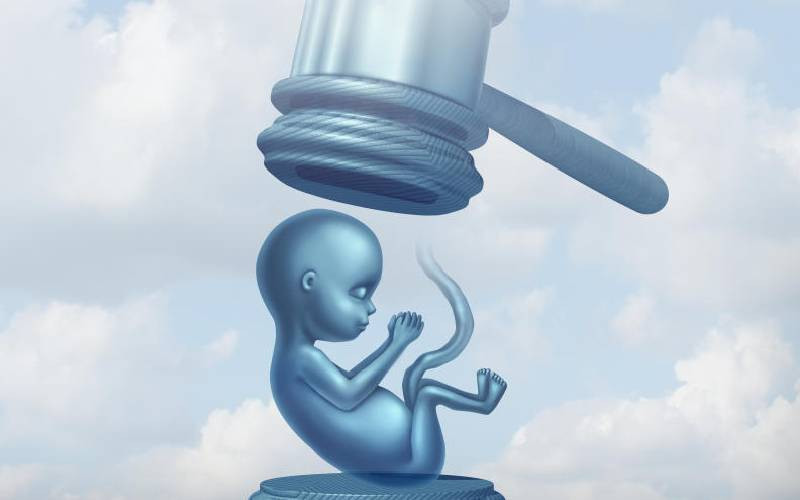×
The Standard e-Paper
Kenya’s Boldest Voice

Dobbs V Jackson Women’s Health Organisation, the Supreme Court decision that reversed Roe V Wade will remain one of the most consequential decisions rendered by the American court for decades.
On June 24th, the Supreme Court overturned its 1973 decision that had permitted unrestricted right to abortion within the first trimester of a woman’s pregnancy and had limited states’ rights to restrict abortion in the second and third trimesters.